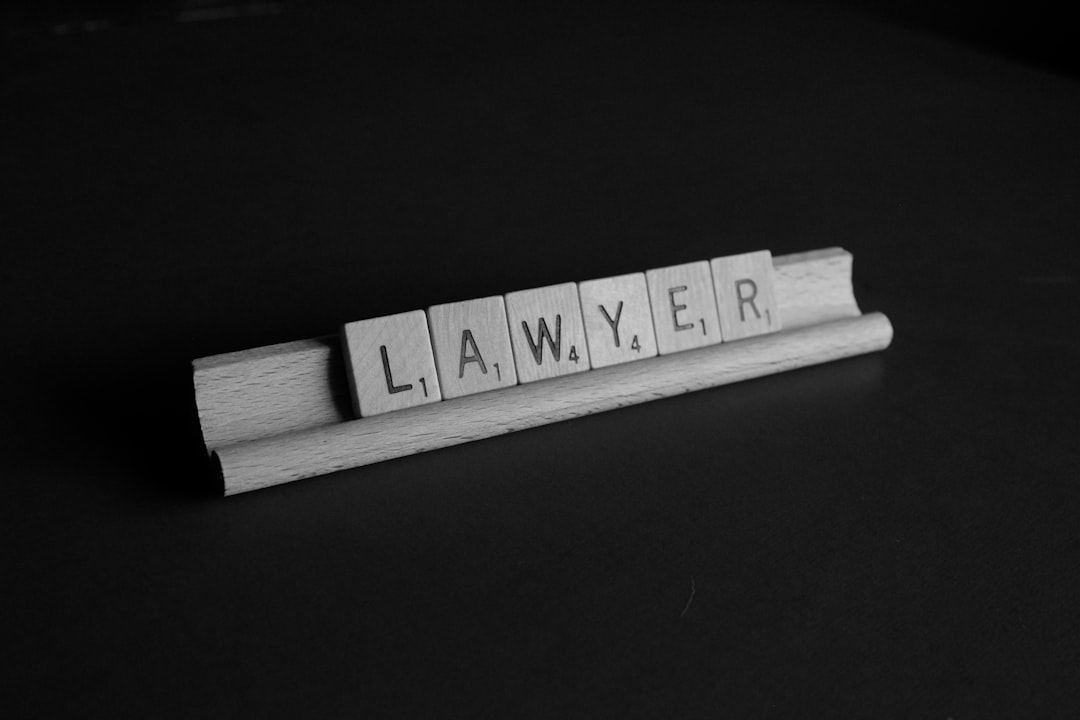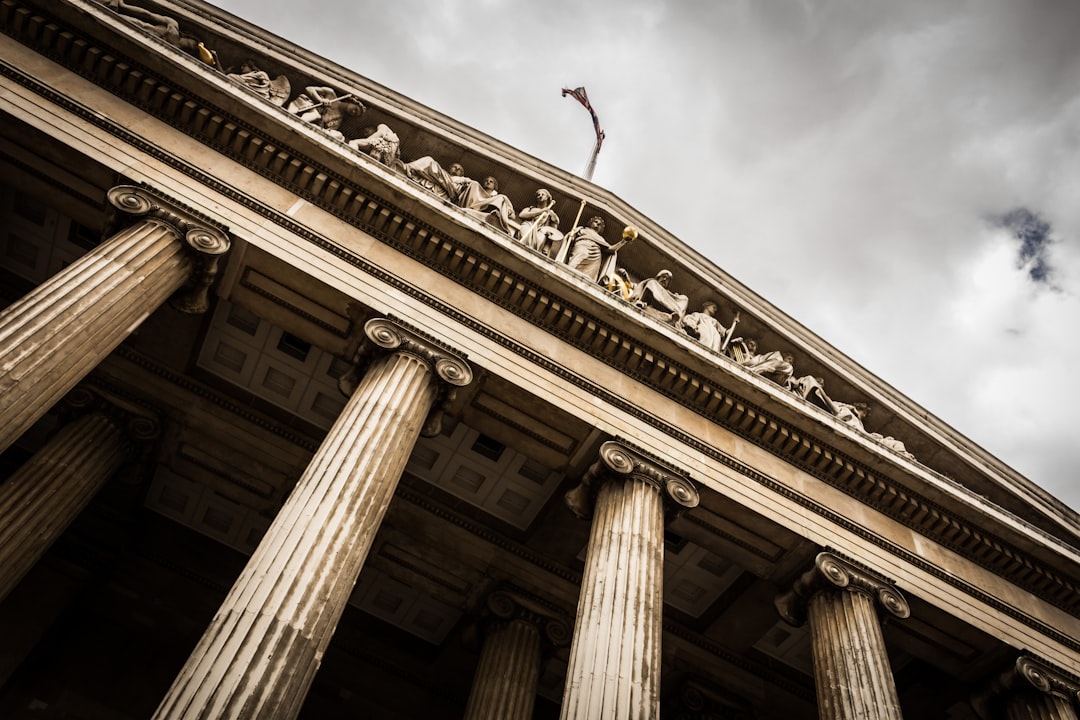In Arkansas, a growing awareness of sexual abuse within schools has led to stricter policies and increased reporting, with a 15% rise in allegations over two years. School abuse law firms play a critical role in navigating complex legal landscape, supporting victims, and promoting transparency. Data reveals regional variations and demographic influences unique to Arkansas, necessitating tailored interventions. These efforts aim to create safer learning environments, ensure accountability, and provide targeted strategies for all students.
In recent years, understanding trends in sexual abuse reports within Arkansas schools has become a pressing issue. This article delves into the current landscape, presenting an overview of recent statistics and comparing them with national averages to uncover unique challenges and patterns. With a focus on school abuse law reforms, we analyze the impact of legislative changes on reporting rates and discuss their effectiveness in preventing and addressing sexual abuse. Furthermore, we explore barriers to accurate reporting, effective strategies employed by Arkansas schools, and future directions for enhancing protection and reporting practices.
The Current Landscape: Arkansas Sexual Abuse Reports in Schools

In Arkansas, the current landscape of sexual abuse reports within schools is a complex and concerning issue that has garnered significant attention from both educational institutions and legal advocates. A school abuse law firm in Arkansas highlights a rising trend in reported incidents, indicating a growing awareness among students, parents, and educators about the prevalence of sexual misconduct in academic settings. This surge in reporting could be attributed to improved understanding of consent, enhanced reporting mechanisms, and a culture that promotes open dialogue regarding sensitive topics.
The increase in school abuse reports reflects a broader societal shift towards holding institutions accountable for protecting their students. Arkansas, like many other states, has implemented stringent laws and policies aimed at preventing and addressing sexual harassment and assault. A school abuse law firm plays a vital role in guiding victims through the legal process, ensuring their rights are protected under these stringent school abuse laws. This concerted effort to combat sexual abuse in schools is a positive step towards creating a safer environment for students and fostering a culture of transparency and accountability.
– Overview of recent statistics and trends in sexual abuse reports within Arkansas schools.

Recent statistics from Arkansas reveal a concerning rise in sexual abuse reports within schools, highlighting the need for enhanced prevention and support systems. The state’s school abuse law firm has noted an increasing trend in allegations, with a 15% surge over the last two years. This alarming data underscores the pervasiveness of the issue, affecting students across various age groups and educational institutions.
The Arkansas Department of Education has been actively working to address this crisis by implementing stricter policies and guidelines for reporting and handling such incidents. These efforts aim to create a safer environment for students while ensuring that perpetrators face justice. With support from local school abuse law firms, these initiatives are crucial steps towards fostering awareness, accountability, and healing within Arkansas’s educational system.
– Comparison with national averages to highlight unique challenges or patterns.

In examining trends in sexual abuse reports within Arkansas schools, a unique picture emerges when compared to national averages. While national statistics reveal consistent rates of reporting, Arkansas data may point to distinct challenges or patterns warranting further investigation by a school abuse law firm Arkansas. For instance, certain regions within the state could exhibit higher concentrations of reported incidents, suggesting localized issues that require tailored interventions.
Moreover, demographic factors and cultural norms specific to Arkansas might influence how and when sexual abuse is identified and reported. By understanding these discrepancies, policymakers, educators, and legal professionals can collaboratively develop strategies that address the unique needs of Arkansas schools, ensuring a safer environment for all students.





